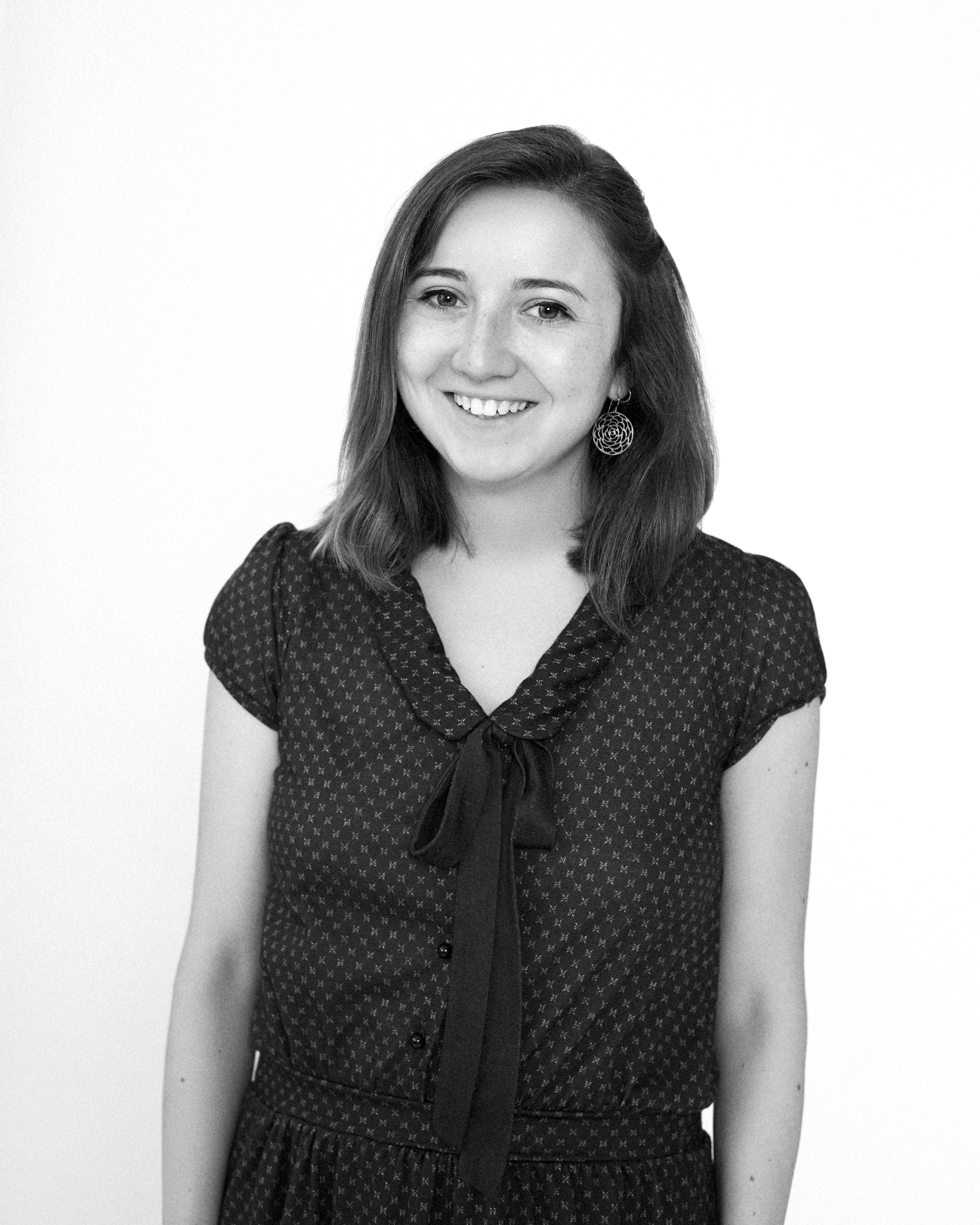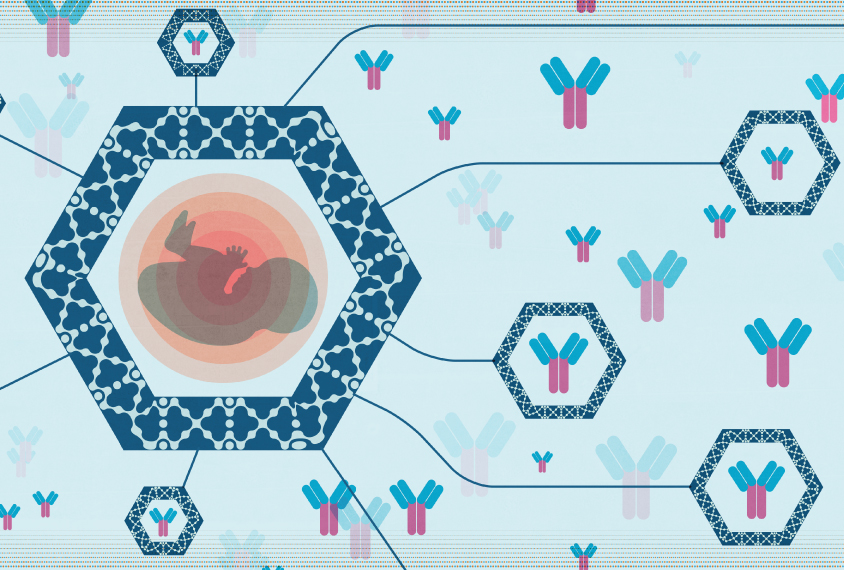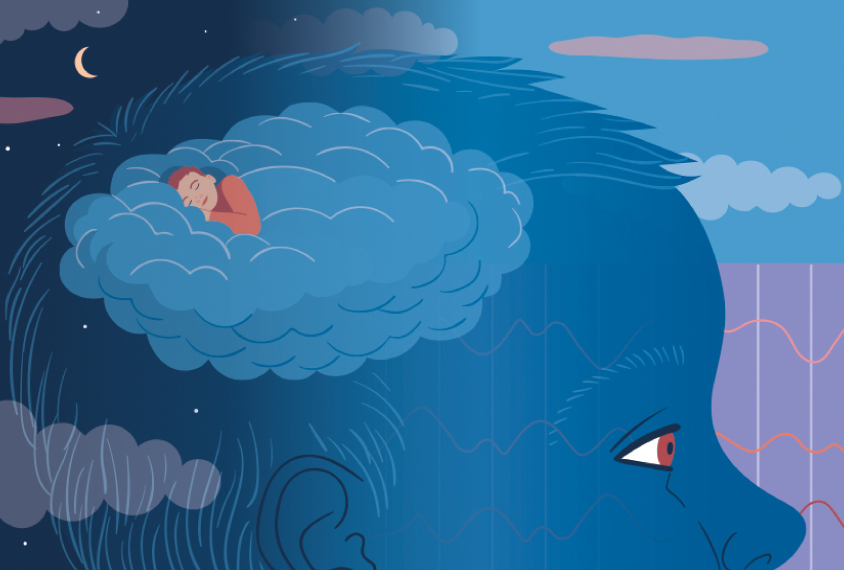Hannah Furfaro was a news writer at Spectrum from 2017 to 2019. Before that, Hannah was an investigative reporting fellow at Columbia University. She previously worked at The Wall Street Journal, The Fresno Bee and the Associated Press. Her work has also appeared in The Guardian and Audubon Magazine.

Hannah Furfaro
From this contributor
How aripiprazole’s promise for treating autism fell short
Aripiprazole, marketed as Abilify, is widely thought to be safer than risperidone, the only other drug approved for use in autistic children. A decade’s worth of data suggests that is not true.

How aripiprazole’s promise for treating autism fell short
Sleep problems in autism, explained
Many people with autism have difficulty falling and staying asleep, but there may be ways to help them.
Autistic girls’ brains show distinct anatomical features
Nerve fiber tracts in the brains of autistic girls appear more fragmented than those of typical girls’. Autistic boys’ brains, meanwhile, look like those of typical boys.

Autistic girls’ brains show distinct anatomical features
Beyond the bench: A conversation with Annie Ciernia
Annie Ciernia describes the greenhouse origins of her scientific career and why a unicorn makes a good lab mascot.

Beyond the bench: A conversation with Annie Ciernia
Small sponge may sop up maternal antibody tied to autism
Researchers have created a microscopic particle that traps immune molecules found in a woman that are linked to autism in her child.

Small sponge may sop up maternal antibody tied to autism
Explore more from The Transmitter
Two neurobiologists win 2026 Brain Prize for discovering mechanics of touch
Research by Patrik Ernfors and David Ginty has delineated the diverse cell types of the somatosensory system and revealed how they detect and discriminate among different types of tactile information.

Two neurobiologists win 2026 Brain Prize for discovering mechanics of touch
Research by Patrik Ernfors and David Ginty has delineated the diverse cell types of the somatosensory system and revealed how they detect and discriminate among different types of tactile information.
Shifting neural code powers speech comprehension
Dynamic coding helps explain how the brain processes multiple features of speech—from the smallest units of sounds to full sentences—simultaneously.

Shifting neural code powers speech comprehension
Dynamic coding helps explain how the brain processes multiple features of speech—from the smallest units of sounds to full sentences—simultaneously.
Astrocytes orchestrate oxytocin’s social effects in mice
The cells amplify oxytocin—and may be responsible for sex differences in social behavior, two preprints find.

Astrocytes orchestrate oxytocin’s social effects in mice
The cells amplify oxytocin—and may be responsible for sex differences in social behavior, two preprints find.
